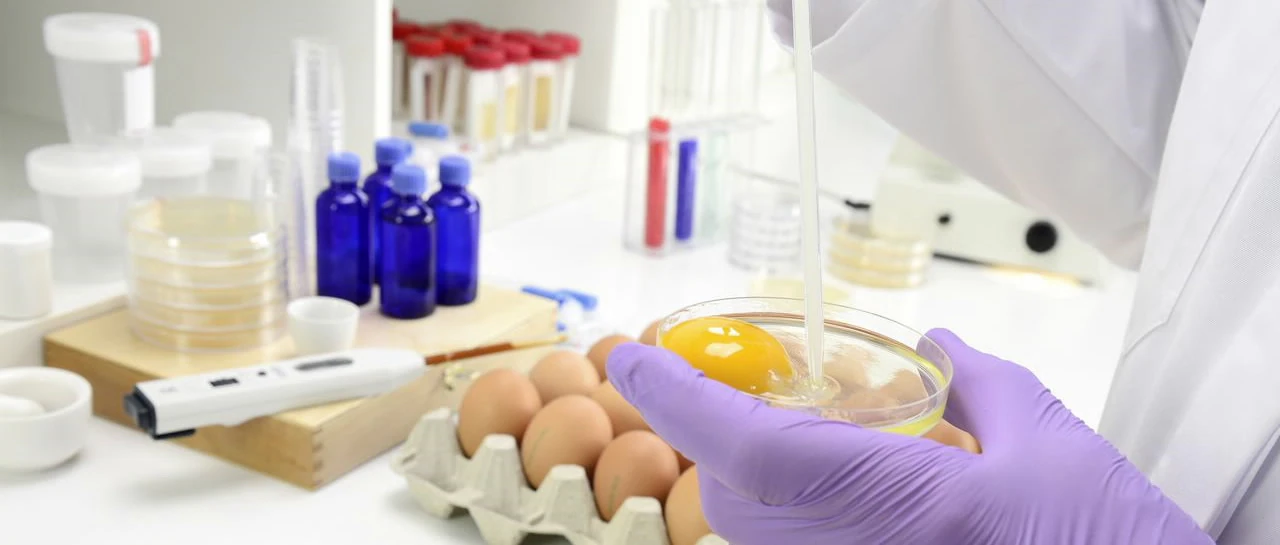EN 19730 Acesulfame K Detection in Confectionery
Accurate detection and quantification of acesulfame K (ACE-K) is essential for food manufacturers to ensure compliance with regulatory requirements, maintain product quality, and protect consumer health. The CEN standard EN 19730 provides a robust methodology for detecting ACE-K in confectionery products using liquid chromatography coupled with mass spectrometry (LC-MS/MS). This service is pivotal for quality managers, compliance officers, R&D engineers, and procurement teams involved in food safety and product development.
The standard outlines the complete procedure from sample preparation to data interpretation. Sample preparation involves homogenization of confectionery samples followed by extraction using a suitable solvent such as acetonitrile or methanol. The extract is then cleaned up on solid-phase extraction cartridges before analysis via LC-MS/MS. This approach ensures minimal matrix interferences and accurate quantification.
Compliance with EN 19730 is crucial for several reasons:
- Regulatory Compliance: Ensuring that ACE-K levels are within acceptable limits as defined by regulatory bodies like the EFSA.
- Product Integrity: Maintaining product integrity and consistency in taste, texture, and appearance.
- Customer Satisfaction: Meeting customer expectations regarding quality and safety of products.
- Brand Reputation: Protecting brand reputation by avoiding recalls or adverse health effects due to improper labeling or overuse.
The standard's methodology is highly sensitive, capable of detecting ACE-K even at low concentrations. This precision allows for accurate determination of the additive content, which is critical for formulation and labeling purposes. Understanding these nuances helps in making informed decisions about ingredient usage and final product specifications.
Furthermore, adherence to EN 19730 ensures that food manufacturers are up-to-date with the latest scientific advancements in analytical chemistry, thereby enhancing their competitive edge in the market. By leveraging this standard, companies can demonstrate their commitment to high standards of quality and safety, fostering trust among consumers and regulatory authorities alike.
In summary, EN 19730 is a cornerstone for ensuring accurate detection and quantification of ACE-K in confectionery products. Its rigorous methodology supports robust compliance with regulations, maintains product integrity, enhances customer satisfaction, and protects brand reputation. For those involved in food safety and product development, this service offers unparalleled assurance and reliability.
Applied Standards
The primary standard for detecting ACE-K in confectionery is EN 19730:2018 titled "Determination of acesulfame K in foodstuffs by liquid chromatography-tandem mass spectrometry." This international standard specifies the procedures to be followed, including sample preparation, instrumental parameters, and data interpretation. It ensures that laboratories adhere to consistent methodologies across different jurisdictions.
Other relevant standards include:
- ISO 15662: General requirements for the analysis of food additives in foodstuffs by liquid chromatography-tandem mass spectrometry.
- ASTM E2795: Standard practice for sampling, preparation, and analysis of food products containing acesulfame K.
- IEC 60345-1: Electrical characteristics of food additives in foodstuffs.
These standards collectively form the framework upon which laboratories like Eurolab base their services, ensuring that all tests are conducted to the highest international standards. By adhering to these guidelines, we provide reliable and accurate results that meet both national and international regulatory requirements.
Industry Applications
| Application Area | Description |
|---|---|
| Quality Control | Ensuring consistent ACE-K content in confectionery products. |
| Regulatory Compliance | Meeting national and international regulatory requirements for food additives. |
| R&D Support | Developing new formulations that comply with ACE-K concentration limits. |
| Supply Chain Management | Verifying the authenticity of raw materials and finished products. |
| Consumer Safety | Maintaining safe levels of ACE-K to prevent adverse health effects. |
| Market Competition | Demonstrating product quality to gain market advantage. |
The application of EN 19730 extends beyond confectionery into various other food sectors such as beverages, snacks, and table-top sweeteners. This versatility makes it a vital tool for ensuring consistent quality across the entire food industry. For companies in these sectors, this service is indispensable for maintaining compliance with international standards and safeguarding consumer health.
Eurolab Advantages
At Eurolab, we pride ourselves on delivering unparalleled accuracy and reliability in detecting ACE-K according to EN 19730. Our laboratory is equipped with state-of-the-art LC-MS/MS instrumentation capable of achieving sub-part-per-million (ppm) detection limits. This precision ensures that our results are both accurate and reproducible, meeting the stringent requirements set by regulatory bodies.
Our team comprises highly skilled analysts who possess extensive experience in food additive testing. They stay abreast of the latest developments in analytical techniques to ensure that we remain at the forefront of scientific advancements. Our commitment to excellence is further underscored by our ISO/IEC 17025 accreditation, which guarantees that all our tests are conducted to the highest international standards.
Additionally, Eurolab offers comprehensive support services tailored to meet your specific needs. From sample preparation and extraction methods to interpretation of results, we provide end-to-end solutions that simplify the testing process for you. Our flexible approach allows us to accommodate various project requirements, whether large-scale production batches or small research trials.
By choosing Eurolab for your ACE-K detection needs, you can be confident in receiving reliable and actionable data that will help you make informed decisions about your products and processes. Whether it's quality control, regulatory compliance, R&D support, supply chain management, consumer safety, or market competition, our services are designed to address all these aspects comprehensively.





